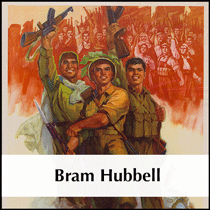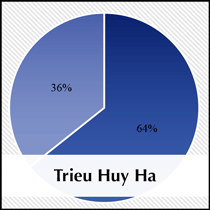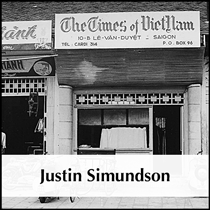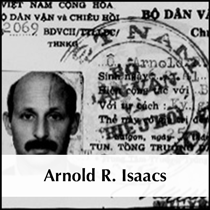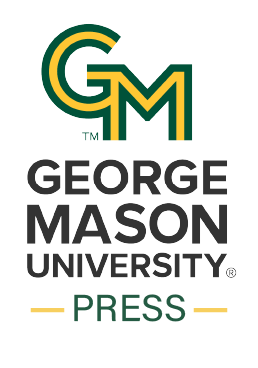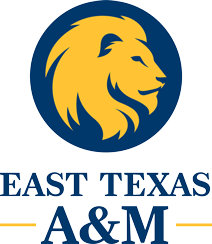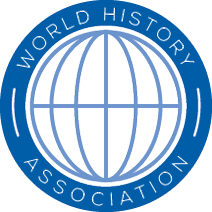Announcing Vol. 21. No. 2
George Mason University Press announces the publication of the Summer 2024 issue (Vol. 21, No. 2) of World History Connected with a special forum, “Tools of the Trade: Methods and Sources for Teaching World History.” This issue also includes announcements regarding open Calls for Papers for future issues of the journal, the winner of the 2024 World History Connected Book Prize, and significant changes to that award beginning in 2025.
Articles
As Co-Editors of this issue, Cynthia Ross and Gina Bennett sought to develop a forum to assist world history instructors preparing for the upcoming school year by engaging the collective creativity of our teaching and academic community. The forum, “Tools of the Trade: Methods and Sources for Teaching World History,” includes several short articles that provide sources, tools, and methods well suited for the world history classroom allowing instructors to quickly review and incorporate cutting edge materials now. The Co-Editors advocate not only for the value of thinking in terms of historical interconnectedness and exchanges that cut across boundaries both real and imagined but also their belief in the fundamental importance of open access publication for the advancement of the discipline, a defining feature of the journal from its inception.
This forum is inspired by one of the very first articles published in World History Connected, Steve Murdoch’s “John Brown: A Black Female Soldier in the Royal African Company” (originally published in WHC Vol. 1, Issue 2, 2004 and republished in this issue). Murdoch also generously provides a reflection on the article twenty years after its publication and some comments on its impact outside the world history community. In “The Hoplite Hypocrisy: Teaching Ancient Greek Warfare in an American Classroom,” Jesse Obert explores the modern political symbolism of hoplites and how a reassessment of hoplite membership may require a complete reworking of how world historians should approach the topic of warfare in Ancient Greece. Stephen Jackson’s, “World History and the Temple of Time: Reconsidering Emma Willard’s Signature Illustration of Human History,” tackles the Eurocentrism and American nationalism that guided conceptions of historical time developed by one of the leading women in American higher education during the nineteenth century. Years of running Reacting to the Past games in his world history classroom, provided John O’Keefe with the expertise he shares with World History Connected readers seeking ways to increase student engagement and active learning in “Reacting Games in Introductory World History Courses.” Anna Batzeli offers a number of digital collections in U.S. and European repositories that educators and students will find useful in “Toward a World History of the Holocaust: Digital Resources for History Educators and Researchers.” Building empathy together with historical knowledge to better prepare future military officers to interact with a diverse global population is Douglas Leonard’s focus in, “Engaging World History Through the Self: Building Student Empathy with Reflection.” Franklin Rausch’s, “An Islamic World Trade Simulation” offers another way to engage students through the use of a game he created that sends students along on a trade caravan complete with camels, gold, and sudden sandstorms. Although Individual Articles published in the journal do not always connect to the forum, in this case Rick Szostak’s “Conceptualizing World History” offers his thoughts on how we as educators can work toward achieving coherence in courses that span millennia, scores of societies, and make sense of the “glorious mess” that is world history.
Book Reviews
Books reviewed in this issue include Katheryn C. Twiss, The Archeology of Food: Identity, Politics, and Ideology in the Prehistoric and Historic Past by Ian Abbey; Jagjeet Lally, India and the Silk Roads: The History of a Trading World by Gary G. Gibbs; 2023 World History Connected Book Prize Winner, Jamie Martin, The Meddlers: Sovereignty, Empire, and the Birth of Global Economic Governance by Justin Harbour; 2023 World History ConnectedBook Prize Honorable Mention, Tom Taylor, Modern Travel in World History by Ben Harris; Jennifer Guiliano, A Primer for Teaching Digital History: Ten Design Principles by Douglas C. MacLeod, Jr.; Jeffrey A. Auerbach, Imperial Boredom: Monotony and the British Empire by Nicholas Sprenger; and Andrew Phillips, How the East Was Won: Barbarian Conquerors, Universal Conquest, and the Making of Modern Asia by Reid Wyatt.
We hope our readers enjoy this issue and we welcome the continued support of our contributors and all who believe in our purpose and vision. As always, we look forward to your feedback, suggestions, and ideas for future articles and forums.
Cynthia Ross, Editor
World History Connected
About World History Connected
World History Connected is a grant-supported open-source, double-blind peer reviewed affiliate of the World History Association. It serves as a means of creating community among all those devoted to research and teaching world history. Not every article “connects” or bridges these twin objectives, but published reviews have judged this e-journal successful in achieving its dual goal in supporting and disseminating globally both archivally based research and the scholarship of teaching. Over its 20 years of existence, it has been guided by world historians and educators devoted to providing publication opportunities for senior, rising, and scholars just entering the field, offering the latter assistance in reaching the highest standards for accessible writing, referencing, and formatting, whether the article is, or is not, accepted for publication. Its editorial staff includes past presidents of the World History Association and distinguished Advanced Placement and Master Teachers, none of whom are paid for their service.
Those interested in submitting articles to the journal should email the Editor, Cynthia Ross (cynthia.ross@tamuc.edu) with the subject line, “WHC Submission,” adding their name and short tile of the submission. Prospective authors of articles should refer to the journal’s “Submission Guide and Style Sheet” before submitting their articles for peer review. The Guide can be found on the journal’s website at https://journals.gmu.edu/index.php/whc/submission-guidelines. Like all academic journals, it reserves the right to decline to publish any submission.
World History Connected welcomes expressions of interest from those who might like to serve as Guest-Editors for its Forums. Calls for Papers to contribute to announced Forums, as well as for individual articles, are regularly posted on H-Net, the World History Association’s Newsletter and social media. Book reviews are welcome via preliminary contact with the journal’s Book Review Editor, Gina Bennett (GBennett@coker.edu). The journal is published 3 times annually (Winter, Summer and Fall), with additional material shared on social media through its social media editors. Follow us at:


